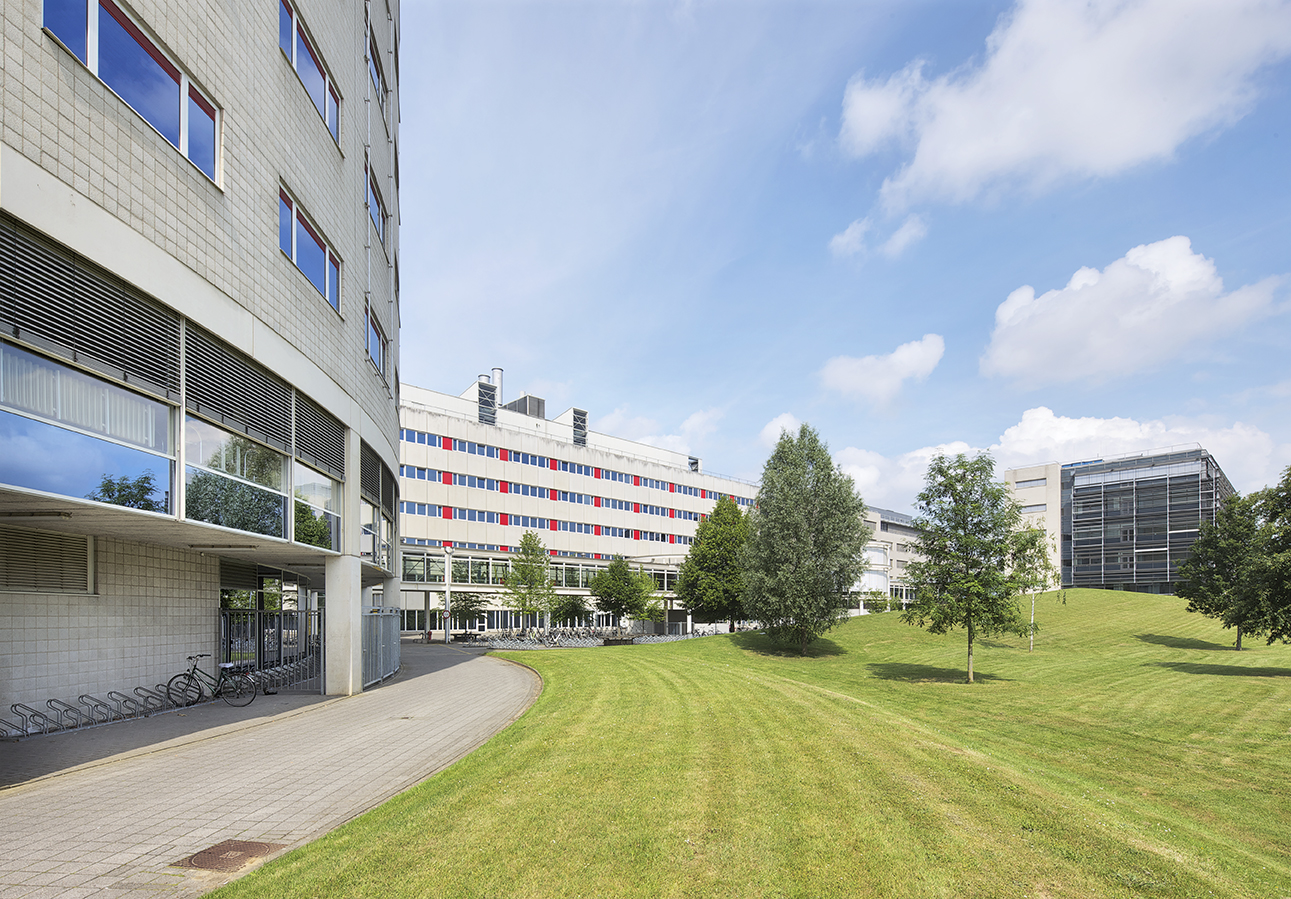Turning down the thermostat a few degrees: good for the climate, your body and your wallet
With gas prices skyrocketing due to the problems in Russia and Ukraine, we are suddenly forced to face the facts: we need to be more frugal with energy! If only to spare our wallets. This direct financial incentive finally seems to be the right stimulus for individuals and organizations to turn the thermostat down a few degrees. So does Maastricht University. But a lower temperature is not only good for our purse.
A bit of cold is healthy
Prof. Dr. Wouter van Marken Lichtenbelt is Professor of Ecological Energetics and Health and he his research group has been studying how a warm or cold environment affects our metabolism for years. His credo: our buildings should be less tightly regulated. After all, that's good for your heart and blood vessels. "A variation in ambient temperature is best for our bodies," he explains. "If you are warm, then more blood goes to your skin. That's how your body dissipates heat. If you are cold, then the opposite happens. The blood vessels in the skin constrict and the blood withdraws, so to speak."
This is how you train your blood vessels
These adjustments take quite a toll on your heart and blood vessels, says Van Marken Lichtenbelt. "And that's healthy. You train your cardiovascular system, as it were. There are also indications that this also improves our sugar metabolism, insulin sensitivity." He therefore advises to vary the temperature in winter between 17 and 20 degrees (in summer it can safely be much warmer) and occasionally dress a little less warmly outside. "You shouldn't overdo it, of course, but a little cold hasn't hurt anyone yet. Except for a better metabolism and a healthier body."
Matter of getting used to it
Muscles and brown fat play an important role in thermoregulation in the cold. "Women have relatively less muscle tissue and that's why women and also older people are more likely to feel cold than (young) men," Van Marken Lichtenbelt explains. "This is because they produce less heat themselves. It is good to take this into account when several people are in the same room together. Nevertheless, everyone can get used to lower ambient temperatures. And if not, there's always a thick sweater."

The Sustainability Week is an event organized by UM Green Office and KAN Party. From 19 till 22 April various activities centered around sustainability will be hosted for students. The Sustainability Week 2022 is supported by Sustainable UM 2030.
Cick here for an overview of all activities.
Also read
-
Professor Machteld Marcelis can continue her work at Maastricht University, the university’s Executive Board has determined. An independent inquiry commissioned by the board and conducted by the agency BING found no evidence of an unsafe social environment within the Psychiatry section of the UM...
-
Maastricht University's Executive Board has approved the plan to renew the animal research facility for UM and Maastricht UMC+ at the existing location at Universiteitssingel 50 (UNS50). A new building is therefore off the table.
-
For the first time, there is scientific evidence that a personalised diet based on a person's metabolic profile leads to better health. This is an important step towards more effective nutritional interventions aimed at improving health and preventing chronic diseases.

